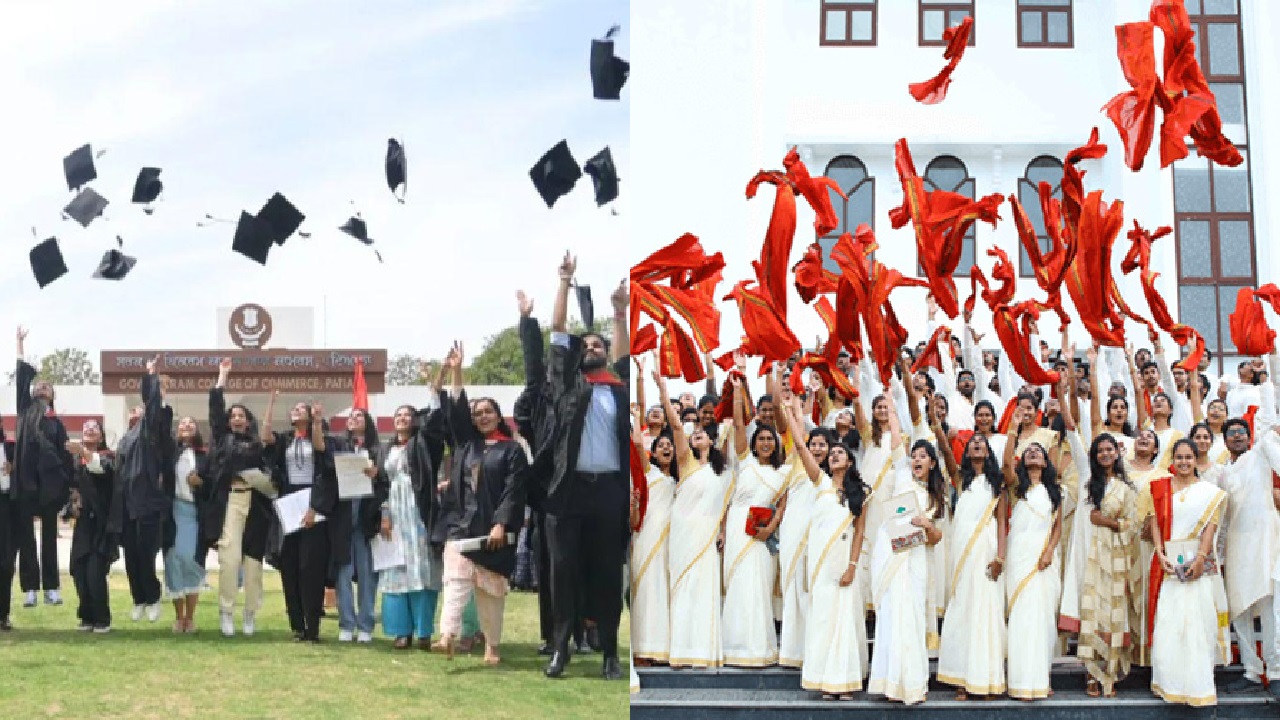A Shift Away from Colonial-Era Practices
In a significant move to shed colonial-era traditions, the Union Ministry of Health & Family Welfare has directed all central government-run medical teaching institutes, including prestigious institutions like AIIMS, to adopt Indian attire for their convocation ceremonies. This directive, issued on August 23, urges the institutions to replace the traditional black robes and caps with attire that reflects local cultural heritage.
Aligning with ‘Panch Pran’ Resolutions
This initiative is in line with Prime Minister Narendra Modi’s “Panch Pran” resolutions, which aim to remove traces of colonial influence from various aspects of Indian life. The Panch Pran, articulated during Modi’s 2022 Independence Day speech, emphasizes the importance of taking pride in India’s roots and embracing indigenous traditions. The move to revamp convocation attire is a direct reflection of one of these key resolutions, which calls for eliminating colonial mindsets from education and cultural practices.
Encouraging Local Cultural Representation
The Ministry’s directive highlights that the practice of wearing black robes and caps during convocations originated in Europe during the Middle Ages and was later introduced in India during British colonial rule. The letter encourages institutions to design new convocation attire that honors the traditions and cultural heritage of the state in which each institute is located. The government has asked for proposals for the new dress code to be submitted for approval, signaling a move towards greater cultural representation in academic ceremonies.
Embracing Indian Identity
This directive is a part of a broader effort by the Modi government to promote Indian identity and traditions in public life. By replacing colonial-era attire with Indian attire at convocations, the government aims to foster a sense of pride in India’s cultural roots and promote a more authentic representation of Indian heritage in academic institutions. The change marks a step towards decolonizing education and cultural practices, aligning with the broader vision of a developed India that takes pride in its origins.
(With inputs from agencies)








